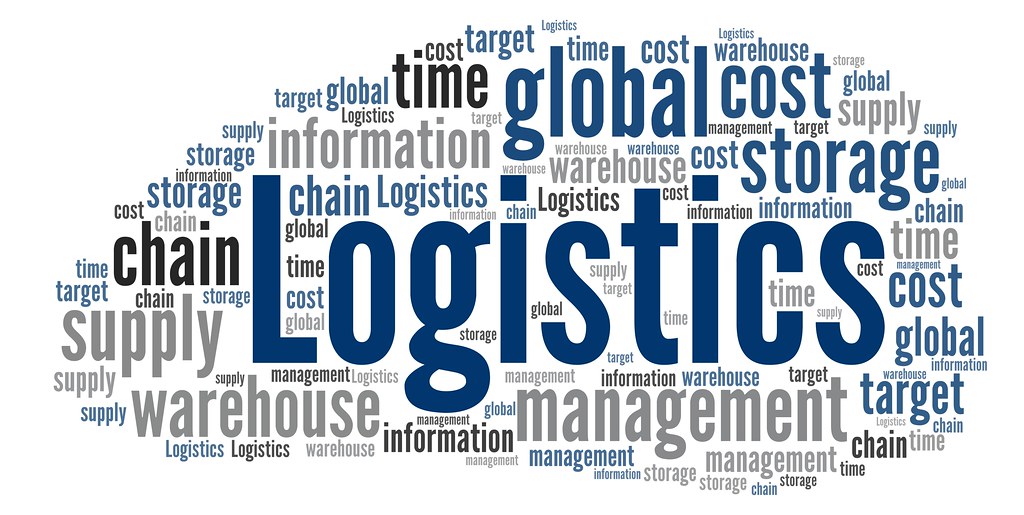Understanding Logistics

About Course
Understanding logistics is essential to your success because a great logistics system delivers the right product to your customer at the right price. Steven Brown, the lecturer, walks you through the importance of logistics, what it is, and how it benefits both your business and your clients in this course. Steven talks about the need for effective and efficient logistics. He details ways to enhance the process of filling a customer’s order. The course discusses reverse logistics in addition to outbound and inbound logistics. Steven particularly walks you through various means of transportation and how they frequently collaborate since it costs more money to carry goods than to perform all other logistics-related tasks combined. Additionally, he discusses the four cost tradeoffs in warehousing and delves into particular value-added and cost-effective distribution centre activities. The course explains in detail how logistics affects clients, works across departments, and supports your marketing plan.
Learning Objective:
The objective of the online course “Understanding Logistics” is to provide participants with a comprehensive understanding of logistics operations and their role in modern business management.
Upon completion of the course, participants should be able to:
- Explain the basic principles of logistics management, including its definition, key elements, and objectives.
- Understand the various functions and activities involved in logistics management, including transportation, warehousing, inventory management, and customer service.
- Evaluate the importance of effective logistics management in enhancing business performance and competitiveness.
- Analyze different supply chain models and their impact on logistics operations.
- Identify the key challenges and risks associated with logistics management and understand the strategies for mitigating them.
- Apply the best practices of logistics management to real-world scenarios and develop effective solutions.
- Utilize different logistics technologies and tools to optimize logistics operations and enhance supply chain efficiency.
- Understand the role of logistics in the global economy and its impact on international trade.
- Communicate effectively with different stakeholders involved in logistics management, including suppliers, customers, and transport providers.
Overall, the course aims to equip participants with the knowledge and skills required to manage logistics operations effectively and efficiently, enhance supply chain performance, and contribute to organizational success.
Course Content
Introduction
-
Logistics is everywhere
01:13 -
Why logistics is important
02:50 -
Chapter Quiz : Introduction
Chapter 1 : Fundamentals of Logistics
Chapter 2 : Logistics Activities
Chapter 3 : Logistics Interaction
Conclusion
Student Ratings & Reviews

